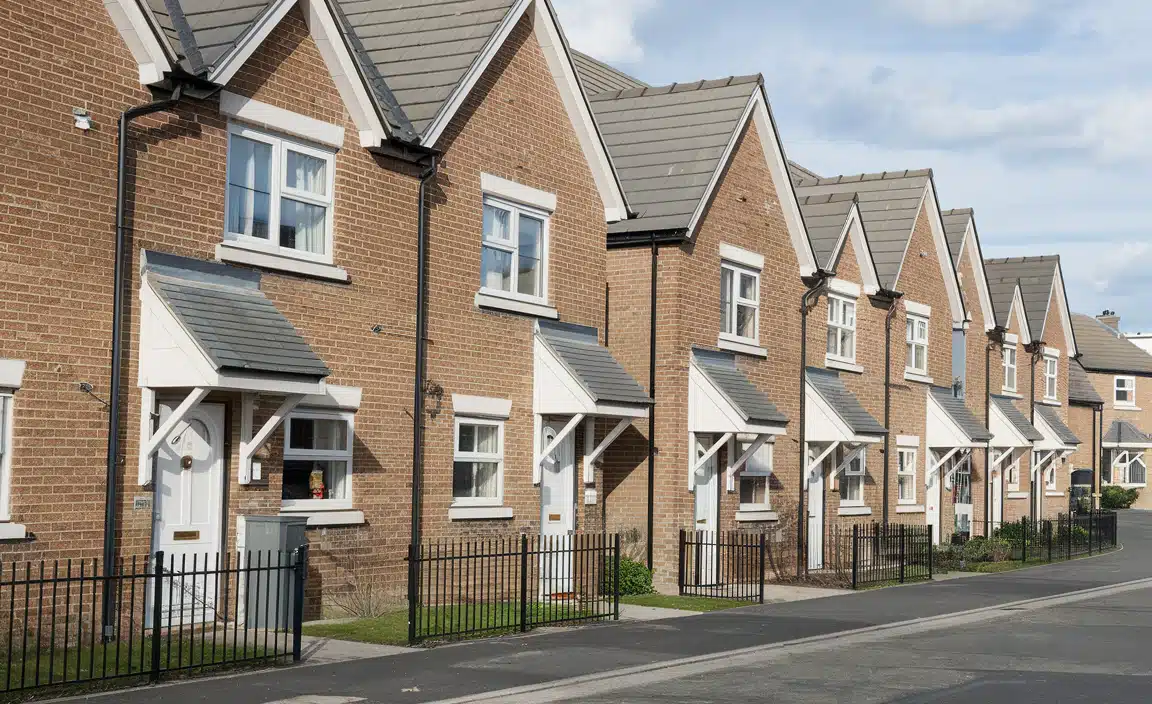In 2024, the housing market has exhibited unexpected stability after years of volatility. Although affordability concerns still exist for both first-time buyers and renters, rising salaries and better lending conditions are boosting optimism for 2025.
Wage Growth and Interest Rates Drive Resilience
Strong wage growth and declining interest rates are underpinning the stability of the housing market. October’s wage growth reached 5.2%, offering some financial relief for households. Additionally, the Bank of England’s interest rate cuts in 2024, reducing the rate to 4.75%, have slightly eased mortgage pressures.
Robert Gardner, Nationwide’s chief economist, expresses cautious optimism. “Lower interest rates will help, and income growth outpacing house price growth will also help. But it’s going to take time for that process to have much of an effect,” he explained.

However, fixed mortgage rates remain a challenge, with average two-year and five-year deals hovering around 5.46% and 5.23%, respectively. Sub-4% mortgage deals, seen briefly in late 2024, have become scarce. Market analysts predict sporadic appearances of such rates in early 2025 but warn against expecting widespread availability.
Tom Bill, head of UK residential research at the upmarket estate agent Knight Frank, said : “We’re firmly back above 4% for anything that’s a two- or five-year fix. You have a certain amount of people that need to move because of schools and jobs. But when mortgages dip below 4%, you start to see more discretionary demand kick in, and that will be slower to come back.”
Shifts in the Rental Market Amid Landlord Pressures
While house prices show resilience, the rental market is poised for a different trend in 2025. After years of steep increases, with rents rising by 9.1% in 2024 according to the ONS, growth is expected to slow to around 4%. Mounting financial strain on tenants and increasing property availability contribute to this moderation.
Many renters, whose housing costs now average 40% of their incomes, are negotiating lower prices. Simultaneously, some landlords may exit the market, driven by new renters’ rights legislation, declining rental profitability, and rising operational costs. This trend is reshaping the market, as tenants gain leverage while landlords face mounting challenges in maintaining competitive pricing.
The estate agent Chestertons noted a shift in market dynamics: “With average rents now close to 40% of incomes, many tenants are struggling to absorb further cost increases, despite rising wages. This has resulted in fewer people entering the market and more renters negotiating lower prices.”









